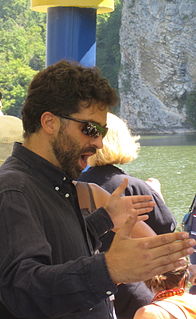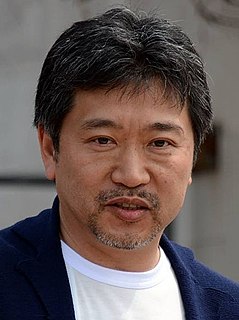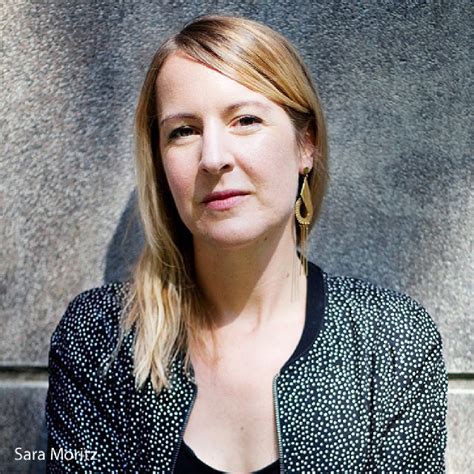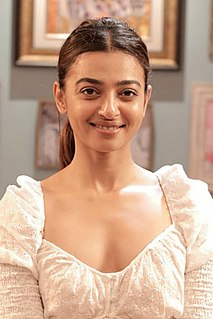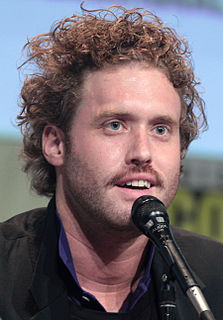A Quote by Werner Herzog
You should bear in mind that almost all my documentaries are feature films in disguise.
Quote Topics
Related Quotes
The message films that try to be message films always fail. Likewise with documentaries. The documentaries that work best are the ones that eschew a simple message for an odd angle. I found that one of the most spectacular films about the Middle East was 'Waltz With Bashir,' or 'The Gatekeepers,' or '5 Broken Cameras.'
I try to be after something that is deeply reverberating inside of our souls, some deep echo from - even from prehistory. What makes us humans? How do we communicate? Where are we going at this moment? Something for an audience where they can step outside of themselves, where they can be almost like in ecstasy of truth, some sort of deep illumination. And that's what I'm trying in documentaries and in feature films.
As soon as I finished film school I was thinking about, how do I get to feature films? It took about eight years, and I'm still working. Feature films was not the end goal. Feature films was one of the stages. Getting to the point of the Coen brothers or Tarantino, where you're writing your own material and have the budget to do it properly, that's the end goal, and I'm close to that.
I started doing documentaries in the first place because of the war. I always wanted to do feature films, and I studied directing when the war started, so I was working with actors before, in film and in theater. So I think it's easy to work with actors when you have a script that is clear, when they know what and why they are doing it.

